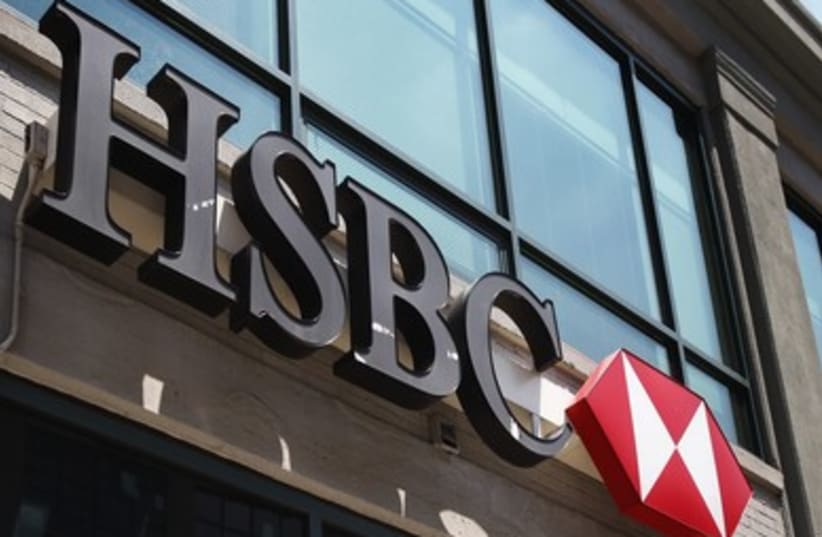The US affiliate of Europe's largest bank, HSBC, has allowed the bank to finance clients seeking to route shadowy funds from the world's most dangerous and secretive corners, including Mexico, Iran, the Cayman Islands, Saudi Arabia and Syria, according to a 340-page Senate report released Monday.
"The culture at HSBC was pervasively polluted for a long time," said Senator Carl Levin, chairman of the US Senate Permanent Subcommittee on Investigations, a Congressional watchdog panel.
The report caps a year-long inquiry that included a review of 1.4 million documents and interviews with 75 HSBC officials and bank regulators. It will be the focus of a hearing on Tuesday at which HSBC and OCC officials are scheduled to testify.
While the big British bank's problems have been known for nearly a decade, the Senate probe detailed just how sweeping the problems have been, both at the bank and at the Office of the Comptroller of the Currency, a top US bank regulator which the report said failed to properly monitor HSBC.
The report comes at a troubling time for a banking industry reeling from a multi-country probe into the manipulation of global benchmark rates. Last month, rival British bank Barclays Plc agreed to pay a $453 million fine to settle a US-British probe into the rigging of the benchmark interest rate known as the London interbank offered rate, or Libor.
The Senate probe provides a rare look at how HSBC responded when confronted with numerous cases of suspect money flows.
The bank and the regulator are expected to face tough questions at the hearing on Tuesday about how the abuses were allowed to continue, even after the OCC took regulatory action against HSBC in 2010. A Reuters investigation found persistent lapses in the bank's anti-money laundering compliance since 2010.
In an emailed statement, HSBC said the Senate report had provided "important lessons for the whole industry in seeking to prevent illicit actors entering the global financial system."
The bank said it is spending more money on compliance and has become more coordinated in policing high-risk transactions.
The report also contained strong criticism of the OCC, saying the regulator failed to crack down on the bank despite multiple red flags, allowing money laundering issues "to accumulate into a massive problem."
The Senate probe also examined banking HSBC did in Saudi Arabia with Al Rajhi Bank, which the report said has links to financing terrorism. Evidence of those links emerged after the Sept 11, 2001 attacks on the United States, the Senate report said, citing US government reports, criminal and civil legal proceedings and media reports.
HSBC, according to the report, also helped move money for a Mexican foreign-exchange dealer called Casa de Cambio Puebla that served as a hub for laundered proceeds.
Some of the money that moved through HSBC was tied to Iran, the report said, which would violate US prohibitions on transactions linked to it and other sanctioned countries.
To conceal the transactions, HSBC affiliates used a method called "stripping", where references to Iran are deleted from records. HSBC affiliates also characterized the transactions as transfers between banks without disclosing the tie to Iran in what the Senate report called a "cover payment."
HSBC "failed to take decisive action to confront these affiliates and put an end to the conduct," the report said.
According to the report, between 2001 and 2007, more than 28,000 transactions were identified by an outside auditor for HSBC that potentially could have run afoul of laws that prohibit transactions with sanctioned countries. Of those, 25,000 involved Iran. A smaller number required additional analysis to determine if violations of US regulations had occurred.
At the heart of HSBC's failings was the fact that it served as a hub for smaller financial firms needing access to the global banking system, the report said.
